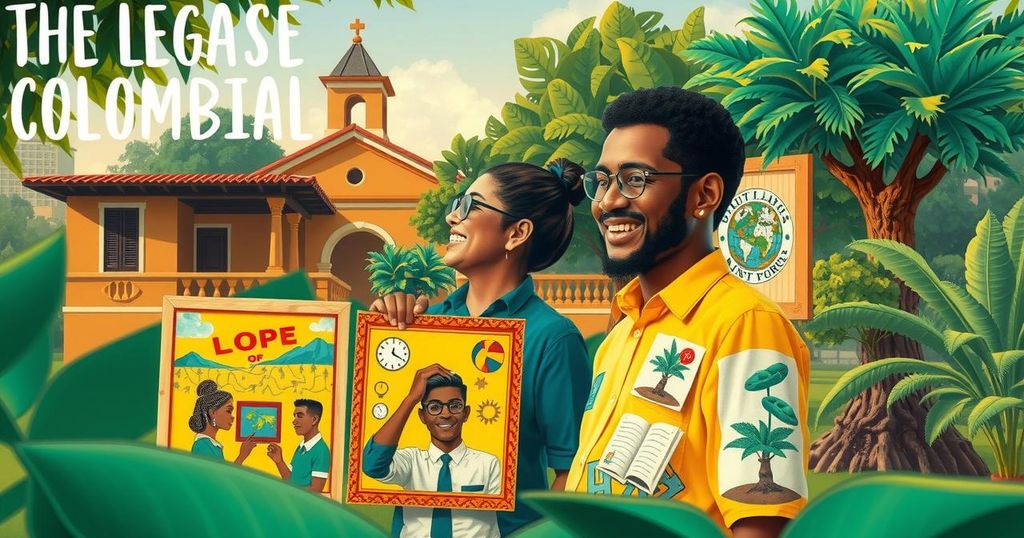Honoring Orlando Fals Borda, the Father of Sociology in Colombia

- Orlando Fals Borda is considered the father of sociology in Colombia.
- His centennial celebrations emphasize his importance in Latin America’s social thought.
- He founded the first Faculty of Sociology in Latin America at the National University of Colombia.
- Fals Borda developed the Participatory Action Research approach in sociology.
- His work connected academia with grassroots communities, promoting social change.
Remembering the Father of Colombian Sociology
Orlando Fals Borda, considered the father of sociology in Colombia, was born on July 11, 1925, in Barranquilla. This year marks his centennial—the centenary of a man whose work continues to inspire discussions about sociology and its role in aiding social cohesion in Colombia. As such, tributes to this intellectual giant are being observed in various forms, in a country urgently looking for ways to engage meaningfully with its sociological heritage to foster inclusivity.
A Journey Through Education and Early Influences
After his initial studies in English Literature and History at the University of Dubuque, Fals Borda pursued further education in the United States, concluding with a doctorate in Latin American Sociology. During his academic journey, he honed a focus on qualitative methodologies tailored to rural contexts. His early work, including his master’s thesis focused on rural communities, laid the groundwork for significant contributions to Colombian social studies, notably influencing how sociology could address local issues.
Pioneering Sociology Education and Social Commitment
In 1959, he co-established the first Faculty of Sociology in Latin America at the National University of Colombia. Alongside notable figures, like Camilo Torres Restrepo, he promoted a sociology that was not just about analysis but was also rooted in the socio-political realities of the nation—often marked by the conflicts of La Violencia and related challenges. One standout contribution from this period was his creation of Colombia’s first graduate program in the Sociology of Education, which linked educational theory with real-life application, a concept that resonated deeply with his views on social commitment and community involvement.
Orlando Fals Borda’s influence on sociology is profound, extending far beyond the academic realm. His commitment to integrating social action with scholarly research is a lasting legacy that has shaped Colombian sociology. As Colombia commemorates his centennial, it reaffirms the importance of engaging with his work to promote a more equitable society.








